CID researchers aim to understand the pivotal role that women play in the development process.
Vulnerable and poor households often respond to shocks in ways that negatively impact child wellbeing, including child labour. Poor quality of education impacts children's future prospects, while food insecurity can have both serious short and long term consequences for children. CID researchers provide evidence based policy initiatives that aim to improve child wellbeing.
Lead: Alberto Posso
Other researchers: Simon Feeny, Sefa Churchill, Ankita Mishra.
SDG alignment
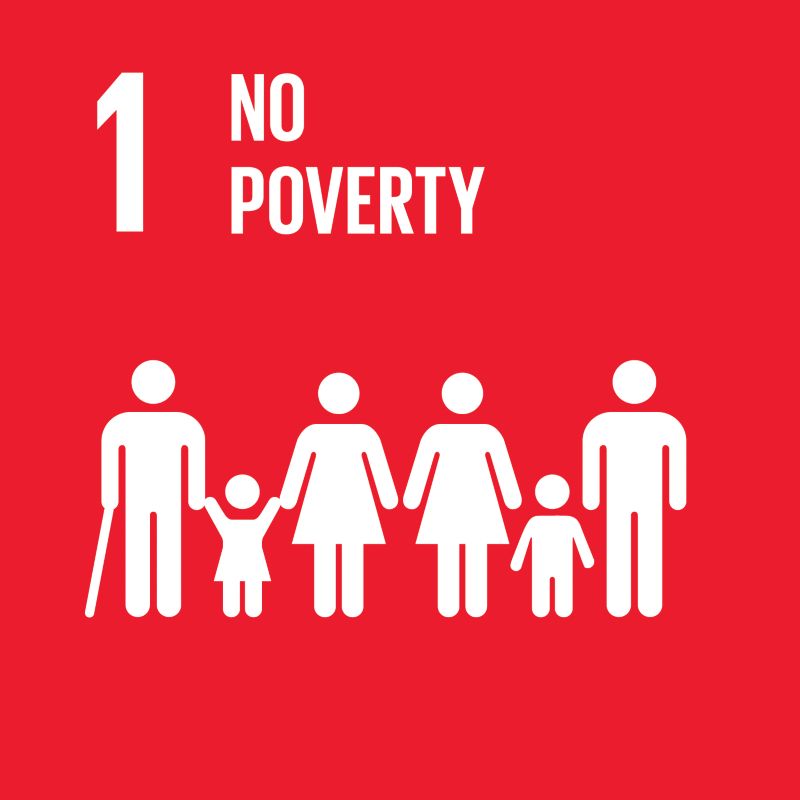
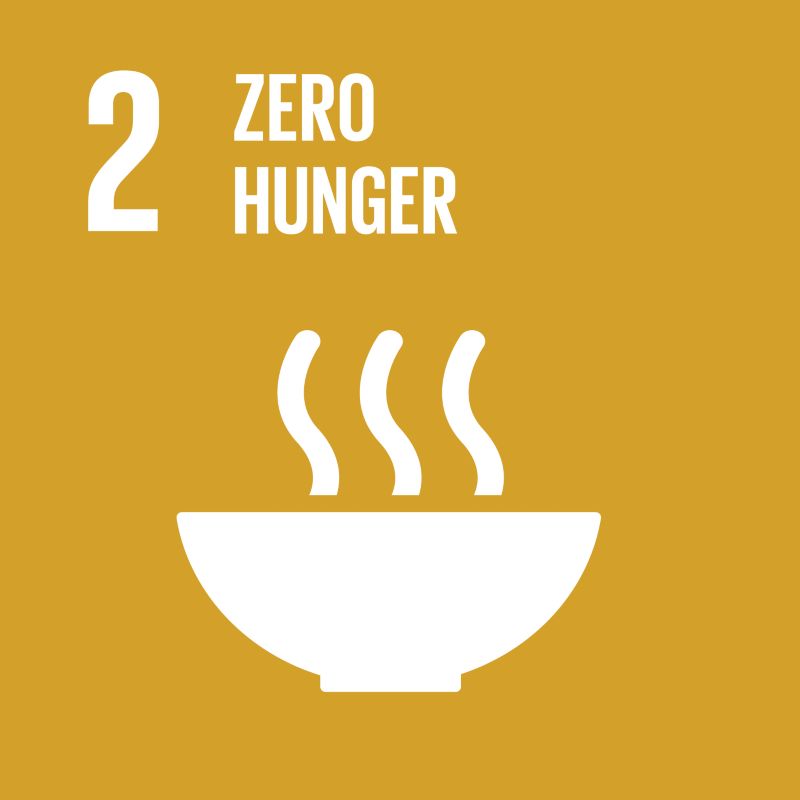
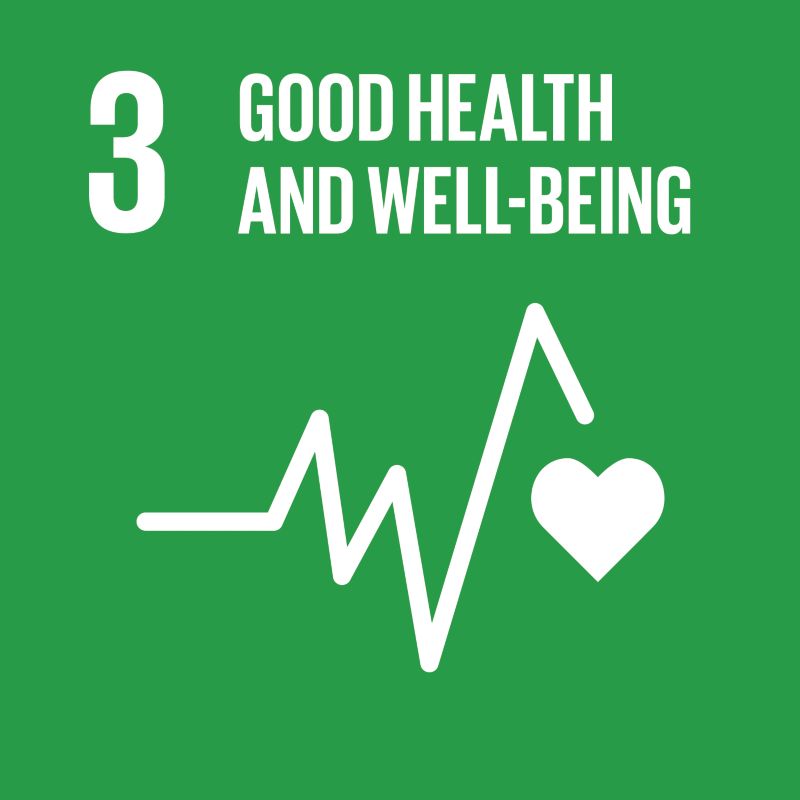
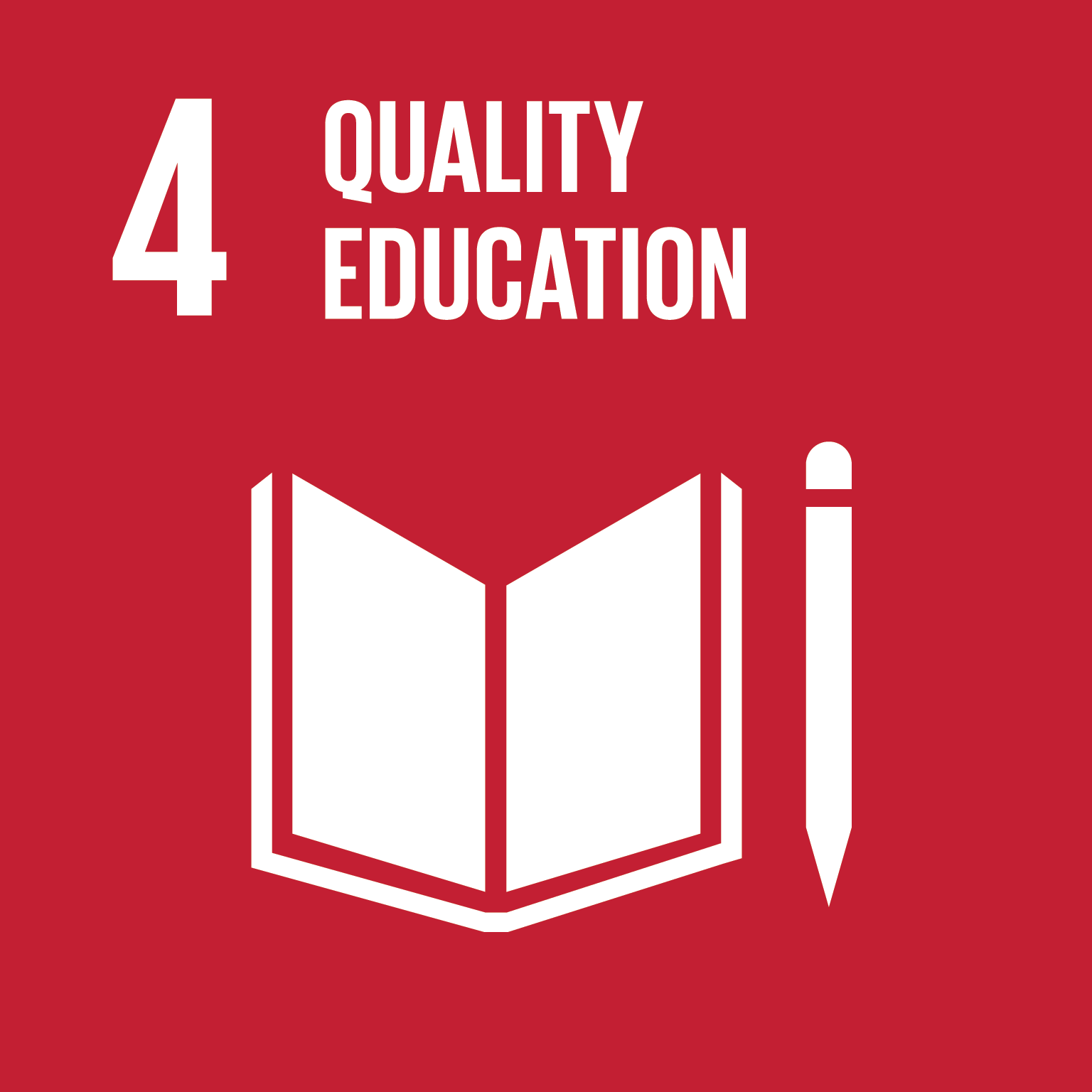
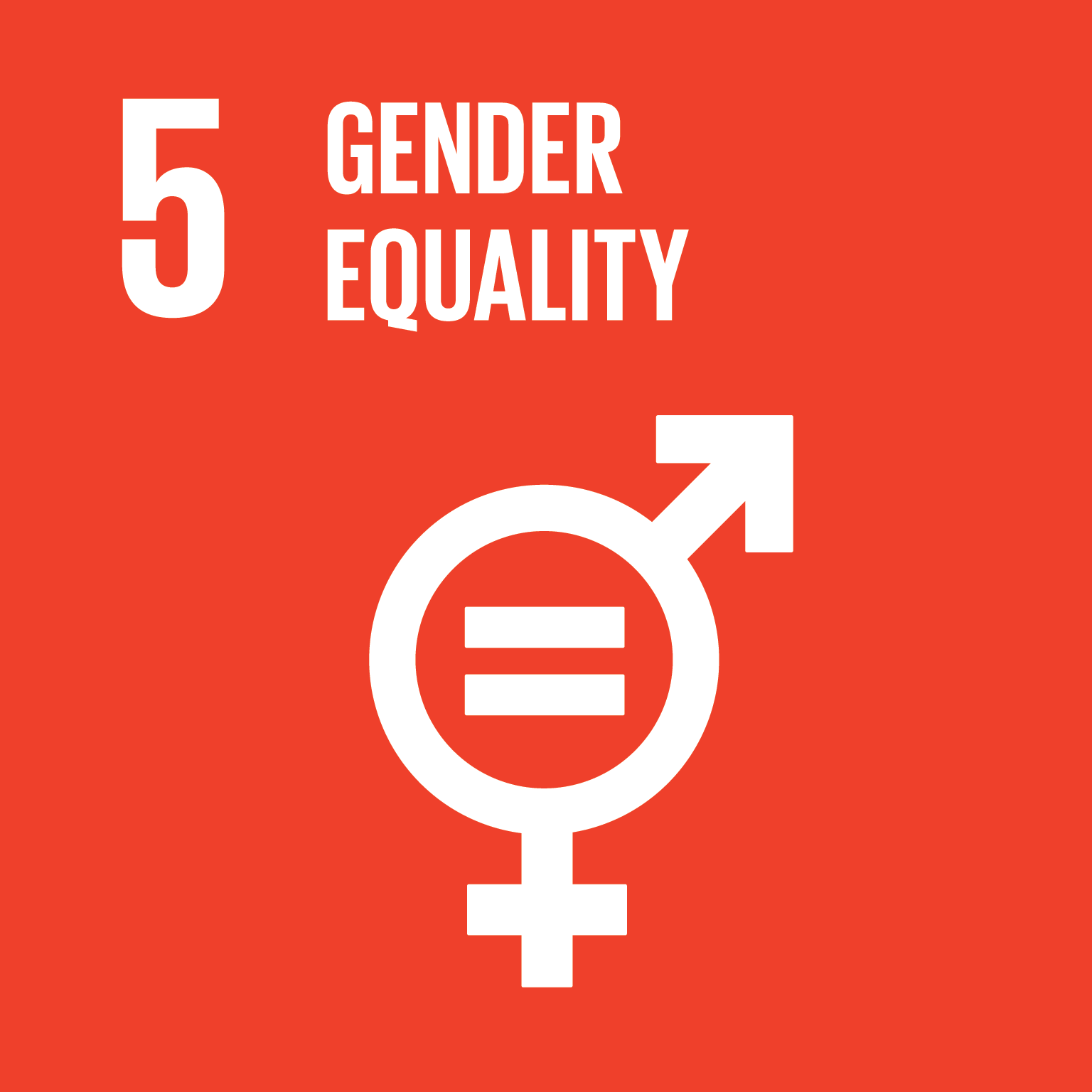
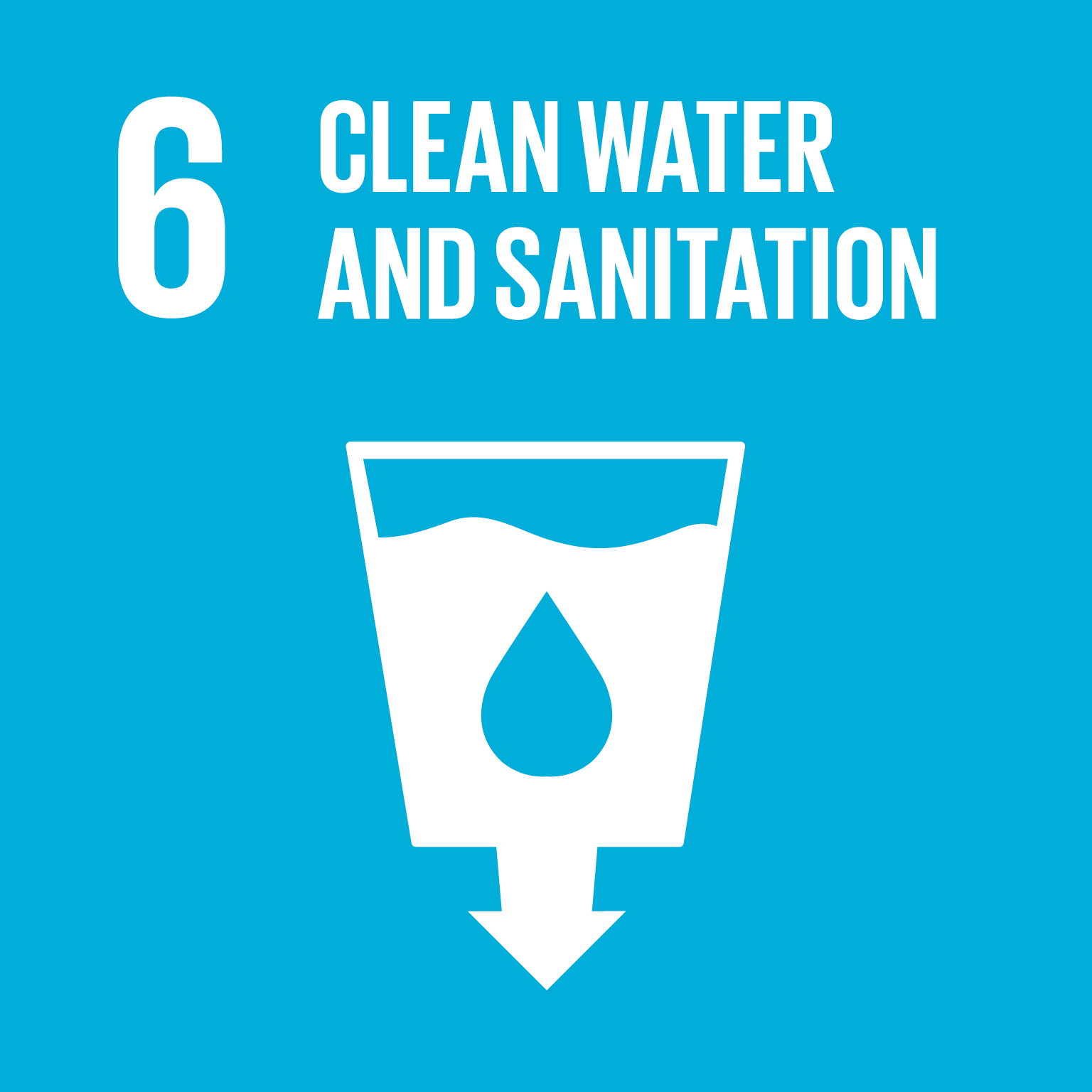
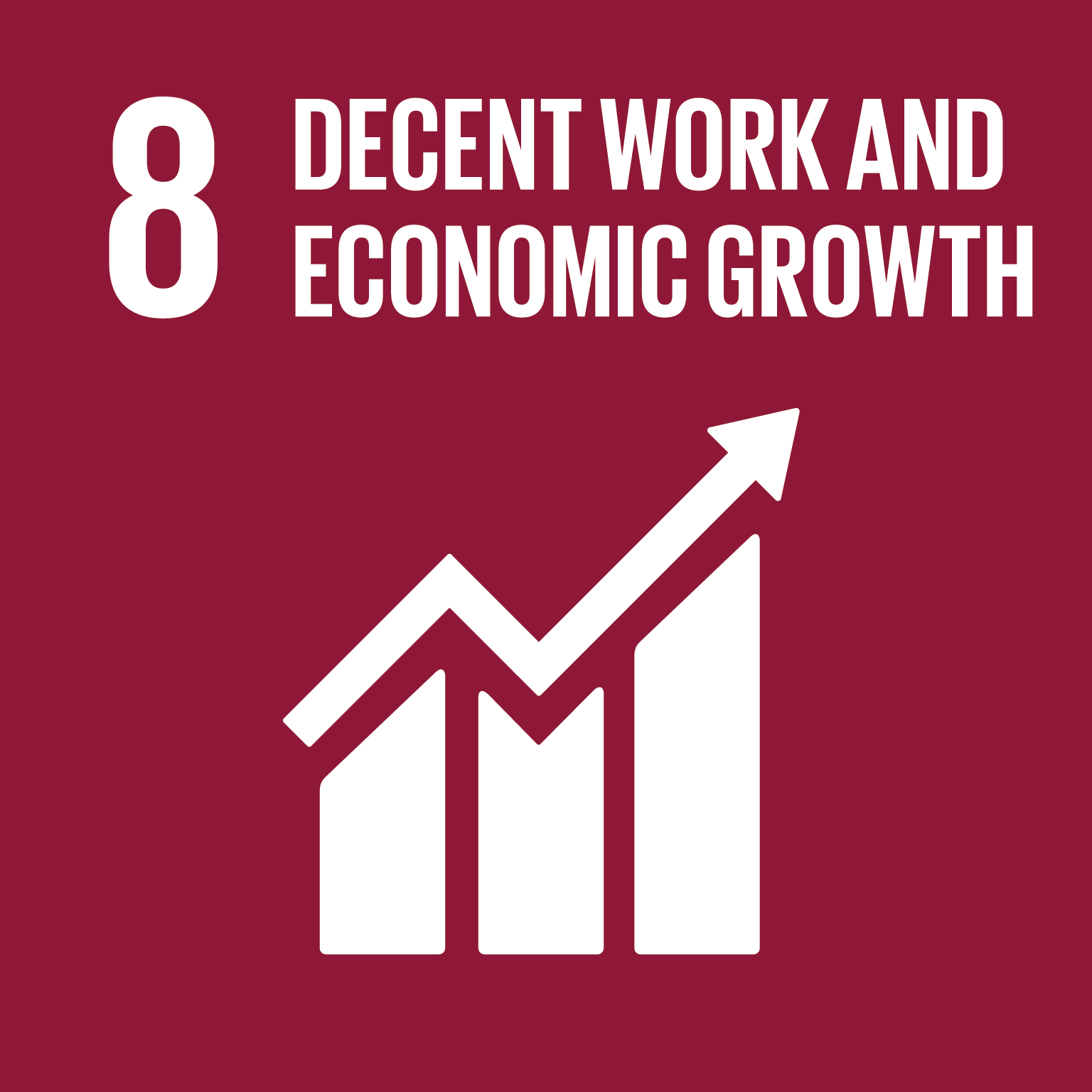
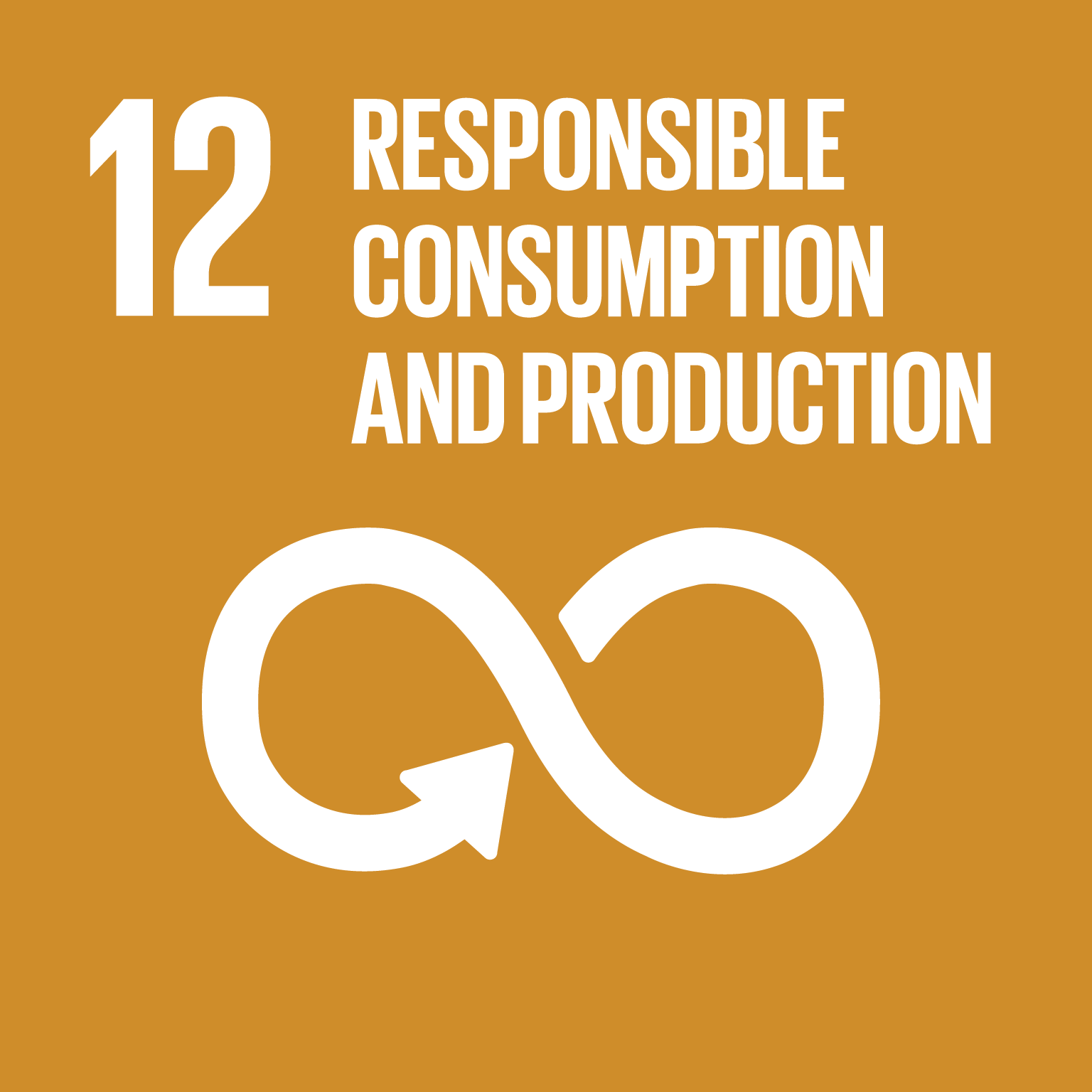
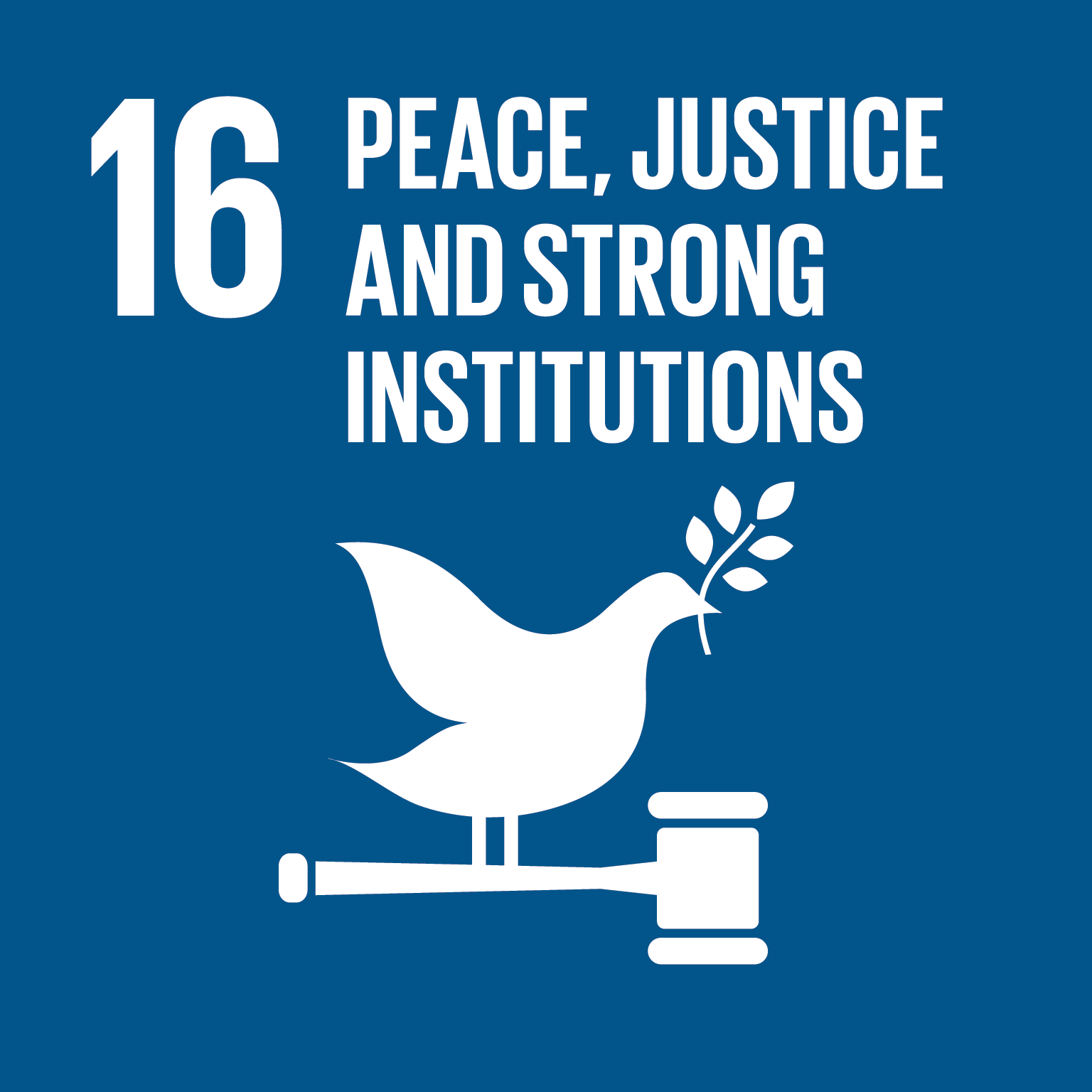
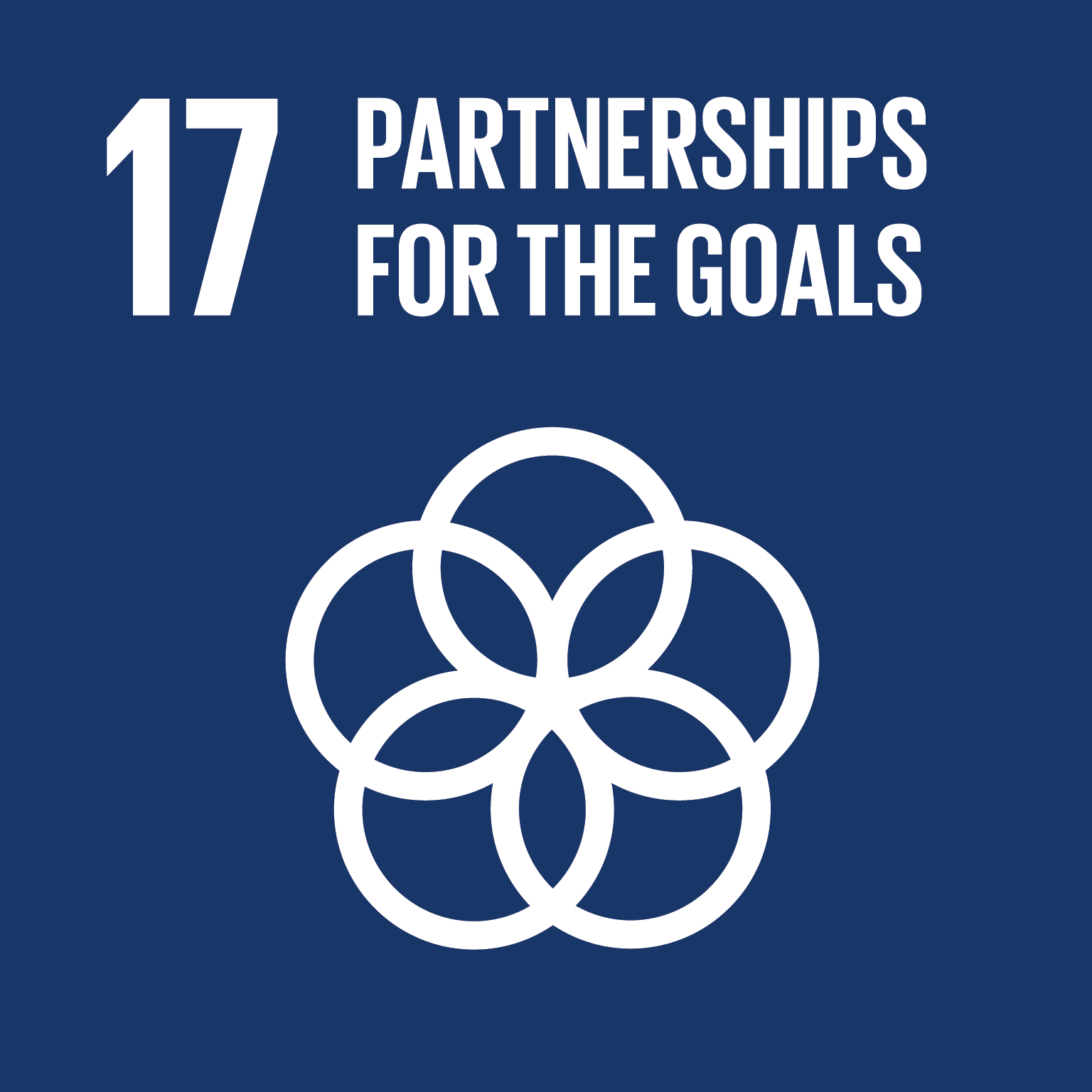
Recent Publications
- Feeny, S., Posso, A., Skali, A., Jyotishi, A., Nath, S and P.K. Viswanathan (2021), Child Labor and Psychosocial Wellbeing: Findings from India, Health Economics, Vol.30, No.4, pp.876-902
- Posso, Alberto (ed.) (2020) Child Labor in the Developing World. Palgrave Macmillan: Singapore.
- Mishra, A., and Awaworyi Churchill, S. (2020) “Fertility Gap and Child Nutrition: Evidence from India” in S Awaworyi Churchill (ed.), “Moving from the Millennium to the Sustainable Development Goals: Lessons and Recommendations”, Palgrave MacMillan: Singapore.
- Russell, D., Higgins, D. and A. Posso (2020) Preventing child sexual abuse: A systematic review of interventions and their efficacy in developing countries, Child Abuse & Neglect Vol. 102, 104395.
- Trinh T., Srivastava P. & S. Brown. (2020). Socioeconomic status and child health in Vietnam: Analysis of Longitudinal Data, Journal of Demographic Economics, forthcoming.
- Trong-Anh, T., Feeny, S. and A. Posso (2020) Rainfall Shocks and Child Health: The Role of Parental Mental Health, Climate and Development, forthcoming.
- Feeny, S., Posso, A., Awaworyi Churchill, S., Westhorp, G. and M. Gauer (2019) Changing Lives: An Analysis of Child Sponsorship Data. Surrey, United Kingdom: Plan International.
- Trong-Anh, T., Posso, A. and S. Feeny (2019) Child Labour and Rainfall Deviation: Panel Data Evidence from Rural Vietnam, The Developing Economies, Vol.58, No.1, pp.63-76.
- Posso, A. (2019) The health consequences of hazardous and nonhazardous child labor, Review of Development Economics Vol. 23, No. 2, 619-639.
- Posso, A. and P.C. Athukorala (2018) Microfinance and child mortality, Applied Economics Vol. 50, No. 21, 2313-2324.
- Mishra, A., Ray, R., and L. Risse (2017) A Multidimensional Dynamic Measure of Child Disadvantage: A Methodological Tool for Policymakers, Social Indicators Research Vol. 139, 1187-1218.
- Posso, A. (2017) Child labour’s effect on long-run earnings: An analysis of cohorts Economic Modelling Vol. 64, 465–472.
- Posso, A. (2017) Preferential Trade Agreements with labour provisions and child labour: Evidence from Asia Pacific, Asia-Pacific Development Journal Vol. 24, No. 2, 89-111.
- Posso, A.and S. Feeny (2016) Beyond Enrolments: The Determinants of Primary School Attendance in Melanesia, Journal of the Asia Pacific Economy Vol. 21, No. 4, 531-548.
Work in progress
- Posso, A., De Silva Perera, U. and A. Mishra. Community level health programs and child labor: Evidence from Ethiopia.
- Posso, A., Smith, S.C. and L. Ferrone. Do Constraints on Women Worsen Child Deprivations? Framework, Measurement, and Evidence from India
- Posso, A. Terrorist shocks and schooling: Evidence from Nigeria.


